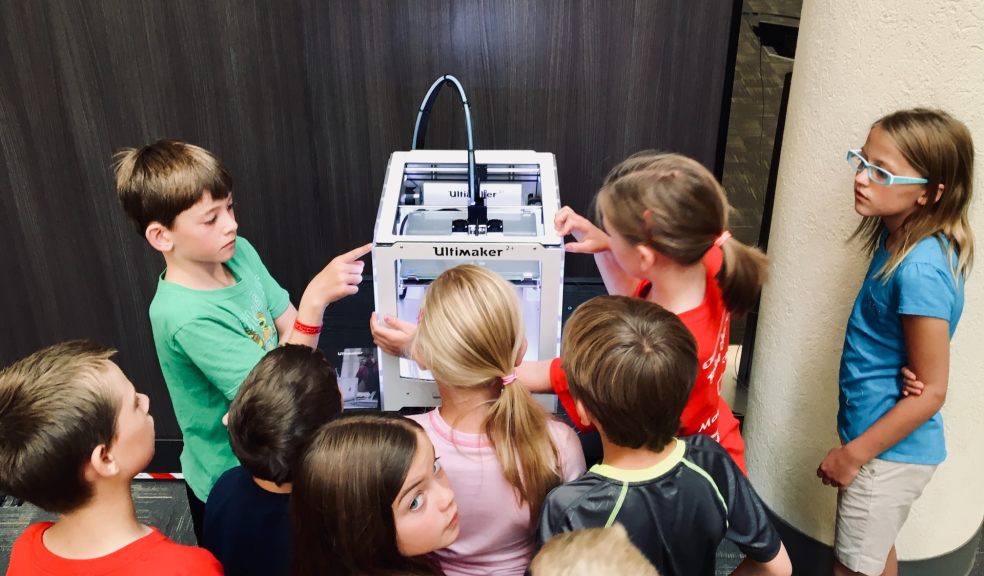
Keeping your child safe on a school trip: Whats every parent should know
As a parent, you want to do everything you can to keep your child safe. But what do you need to know when they're going on a school trip? We've got some tips to help you out.
Why school trips are so important for your child
School trips are an important part of a child's education, offering invaluable opportunities for learning, growth, and development. During a school trip, children can gain new experiences and knowledge that can’t be replicated in the classroom environment. They can learn about different places and people and explore new cultures and environments.
School trips also enhance children's social skills as they work together with classmates on activities away from home. Most importantly, school trips provide a chance for children to have fun while making memories that will last a lifetime.
The information the school should provide
When planning a school trip, it’s important for schools to provide detailed information so parents can assess the safety and suitability of the trip for their child. This information should include details such as the exact location where the trip will take place, how long it will last, and what type of accommodation will be provided.
Parents also need to know who will be supervising their child during the trip, what activities will be taking place, and any additional healthcare or financial requirements they must meet in order to participate.
Schools should also clearly explain their policies regarding any risks associated with the trip, such as liability waivers or medical exemptions. Knowing these details in advance will help parents make an informed decision about sending their child on a school trip.
Safety guidelines
Schools should put strict safety guidelines in place when planning a school trip. Start by ensuring that the location of the trip is safe and appropriate for the age of the students. The school should also appoint staff to supervise and accompany students during the trip and provide information about any extra safety measures that need to be taken.
Should there be an incident where teaching staff were negligent in their care towards your child, then the school may be held liable. In this situation, there may be a liability for compensation, though we recommend seeking professional legal advice to help you understand if there is a case and to guide you through what can be a challenging process.
It's also important to ensure proper communication with parents throughout, including providing details such as timings and how any emergency situations will be handled. All participants must also sign a risk assessment form detailing any potential risks associated with the trip and outlining what measures have been taken to ensure their safety.
Build your child's independence before the trip
Building independence in children before school trips is an important part of helping them grow. To do this, parents can ensure that children have core skills to be able to care for themselves when away from home. These might include:
-
Brushing hair
-
Getting dressed and undressed
-
Brushing teeth
-
Making simple drinks and snacks
-
Eating with a knife and fork
-
How to take medicine (such as asthma inhalers) under adult supervision
By providing these opportunities for autonomy, children will gain confidence in their abilities and develop the skills needed to successfully navigate unfamiliar situations, which will prove beneficial when they are on their own during future trips.
Make sure your child has a cell phone and knows how to use it in case of an emergency
In this day and age, it's important that all parents ensure their children have access to a cell phone - not just for staying connected with friends and family but also as a critical tool in case of an emergency. It's important to explain the importance of carrying their phone with them at all times, particularly as children begin to explore the world outside the home.
An excellent way to make sure kids understand how to use these devices in an emergency is simply by having regular conversations and check-ins together. This will help kids feel more secure if something should ever happen, as it gives them an assurance that they'll be able to contact you or another loved one for assistance.
Don't forget to add emergency contact numbers to the phone's address book so that your child can quickly and easily get in touch with you.
Ensure your child knows what to do if they get lost or separated from the group
Being separated from a group can be incredibly stressful and scary, both for you as the parent and your child, so it's important to talk with your child in advance about what they should do if they find themselves lost or separated. To start off, make sure your child always carries a form of ID on them and review the information on it.
Remind them that, no matter how scared or upset they may be, their safety is the most important concern and that if ever lost or separated for any reason, staying put and waiting for help is the best course of action. Teach your child to look for a person in uniform who could help get them to a safe place - like a police officer or security guard - rather than talking to strangers and accepting rides from people they don't know. Keeping yourself informed of your child's whereabouts at all times will also minimize any confusion if ever something does occur.
Our Conclusion
School trips are an invaluable part of a child's education that provide numerous opportunities for learning and growth. Having detailed information from the school will enable parents to be confident of the procedures put in place to safeguard their child. At the same time, children should be encouraged to build independence prior to the trip and also understand what to do if they feel worried or concerned.
With the right preparation and guidance, young people can enjoy school trips and make lifelong memories of their experiences.














